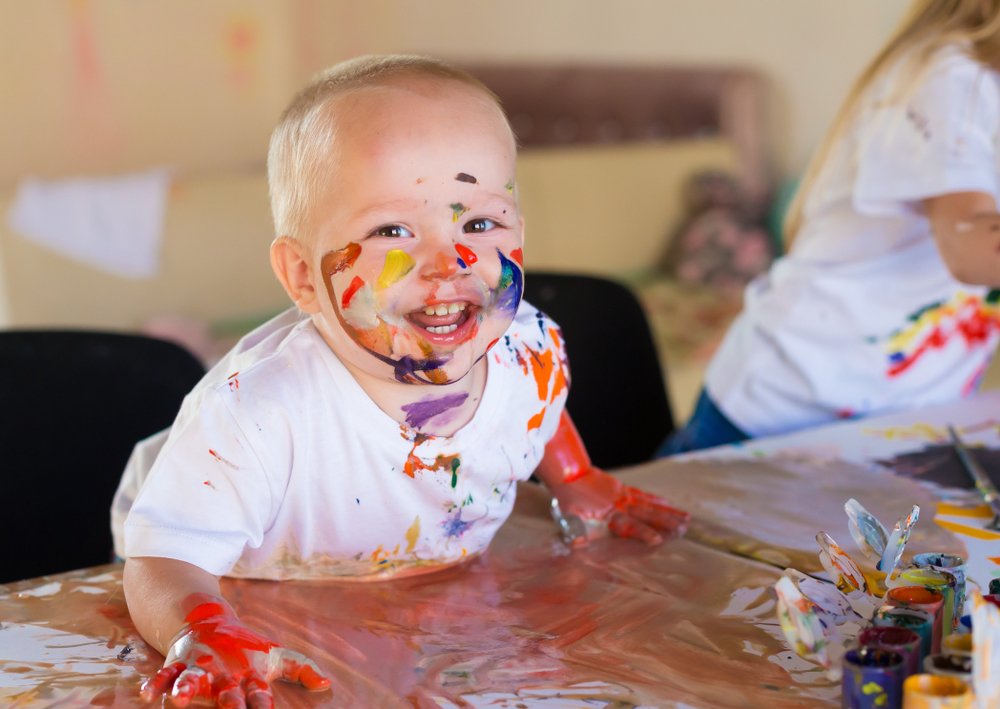Key points:
1. Baby emotions evolve from simple to complex, influenced by physiological changes and stimuli.
2. Basic newborn emotions are interest, distress, and satisfaction, evolving into a range of emotions by 6 months.
3. Around 9-10 months, babies rapidly express a wide array of emotions due to new cerebral development.
4. Emotional development progresses, including self-conscious emotions by 15-24 months and understanding rules by approximately 3 years.
The development and appearance of your baby’s emotions follow an orderly process that goes from simple emotions, all the way to the complex ones we all know too well.
According to Michael Lewis, Ph.D., when your baby is born they are able to demonstrate three basic emotions: interest, distress, and satisfaction. Your newborn will show these emotions due to internal processes, physiological changes, or as a response to sensory stimuli. As your little one continues to grow so do their emotional responses. Over the next 6 months these primary responses will evolve into happiness, surprise, sadness, disgust, anger, and fear. These emotions, such as the ones stated above, develop in conjunction to the neurological and cognitive maturity of babies.
Once your baby is around 9-10 months of age they will go through a new set of cerebral development that will allow them to be pretty good at expressing a wide array of emotions. You might see your little one go from frustration, anger or sadness to happiness in a manner of seconds. This is completely normal and expected, so don’t stress out about it; you’re are doing a great job. When dealing with these intense moments remember to breathe and try to be the “container” that helps your kid regulate their emotions.
As your child continues to grow so will their emotional repertoire. Within 15-24 months of age, your little one will begin to become conscious of themselves. This cognitive milestone allows your toddler to separate themselves from the rest of the world as an individual. With this new skill, your little one will be able to demonstrate the self-conscious emotions of embarrassment, empathy, and envy. Along with these new feelings and during your toddler’s second year of life, you’ll notice how they will get better at emotional regulation too thanks to their capacity for self-awareness and the improvement of their physical skills.
Finally, at approximately 3 years of age your little one will endure a fourth mayor change in cognition and hormonal secretion that coincides with a second bout of self-conscious emotions: pride, shame, and guilt. Your child will now be able to understand rules, standards, and social norms. Knowing this, they will be able to plan their actions and wishes according to what is considered socially appropriate.
As you can see, the development of emotions gets more complex as your little one acquires more cognitive abilities. Emotions are neither good or bad, they just are. Therefore, our job as parents is to accompany our children as their inner world gets more sophisticated with an unconditional acceptance of who they are. Emotions are transient and, although we can get triggered by our child’s emotions, we as adults can bypass this trigger in order to teach our children how to regulate and manage this wide array of feelings. If we model the correct way to behave when dealing with big emotions, our little ones will too learn not to succumb to their emotions and act out.








